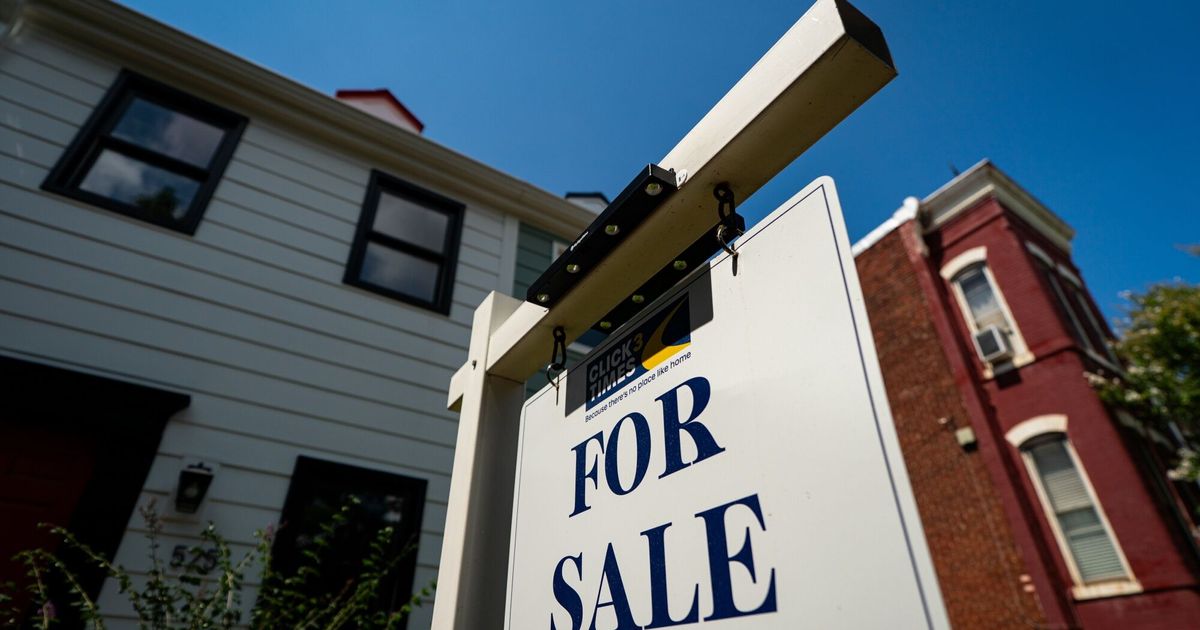Maria Pfeiffer and Jason Vogel moved into a brand-new Hell’s Kitchen building nearly 20 years ago, becoming the first residents of their sunny one-bedroom rental.
Every few years, they would make a halfhearted attempt to buy a place. But “we always got super discouraged at how expensive everything was and how little you get for your money,” Ms. Pfeiffer, 50, said.
In 2017, they bought a lakeside cabin in Columbia County, just south of Albany, for around $222,000. “I really enjoy the vast contrast between the city and that rural part of the Hudson Valley,” she said.
The couple, who work in financial-services software and met through colleagues, spent much of the pandemic working remotely from the lake house. The experience made them think again about buying an anchor in the city, just as Mr. Vogel, 49, had the opportunity to cash out stock options from a former employer.
[Did you recently buy a home? We want to hear from you. Email: [email protected]]
“I was tired of paying rent, and we had funds to make a down payment, which had been the big barrier,” he said.
So they contacted Christopher Baker, an agent at Keller Williams NYC and an old running-group friend of Ms. Pfeiffer’s, and told him they were in the market for a bright one-bedroom on the West Side.
Their budget hovered around $800,000, but “we know ourselves,” Ms. Pfeiffer said. “When we look to buy something, whether it’s an apartment or a car or an appliance, we tend to set a budget and go right over it.”
From the West Side, it was easy to get out of the city and head upstate. They wanted to remain above West 60th Street, concerned about the city’s proposals for congestion pricing. “Our future selves wanted to plan for this possibility,” Ms. Pfeiffer said. “We didn’t want to pay a toll to get to our home.”
They also hoped to find a suitable work-from-home configuration. “Their desks had to be a good enough distance from each other so they could be on the phone,” Mr. Baker said.
An early visit to a high-floor co-op apartment in a charming prewar walk-up reminded them that “going up and down was asking a lot of our bodies, even without carrying groceries, cats, bags, whatever,” Mr. Vogel said.
So they focused on condominiums with some common spaces and amenities. They also preferred the flexibility to renovate and sublet a condo, and they bumped up their price. The housing stock was more suitable below 60th Street, so they decided that avoiding congestion pricing wasn’t that important after all.
Among their options:
Find out what happened next by answering these two questions:
















